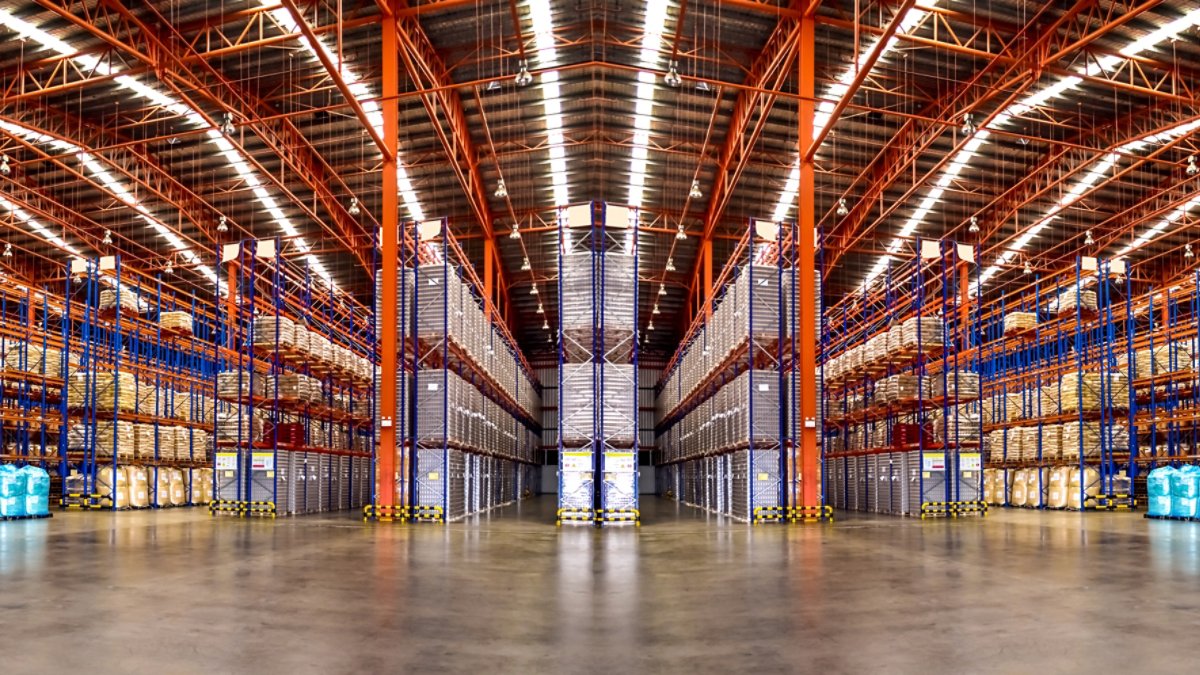How can companies prepare warehouse and factory workers to embrace a future powered by AI and automation?
Warehouses are under pressure to respond to booming e-commerce volumes, ultra-efficient supply chains and the ever-increasing need to manage costs, while setting higher sustainability and personal safety goals. There is an urgent need to revolutionize product fulfillment and inventory automation in warehouses to stay competitive.
Private LTE/5G technology — to pick one example — can help optimize costs while expanding signal coverage to an entire worksite, not just the production floor. LTE/5G offers the type of secure, ultra-low latency, massive machine-to-machine and worker communication connectivity that is essential to enhancing productivity and safety, while also protecting against intellectual property theft (through zero-trust security). The benefits of deploying private LTE/5G include monitoring and streamlining digital operations; identifying maintenance issues and addressing them preemptively; managing smart facilities that incorporate precise location tracking, video surveillance, operating indoor and outdoor drones; enabling VR/AR training and picking; and providing a more reliable connection for the Industrial Internet of Things (IIoT). Many organizations will want to jump on the AI train, but they will not be able to do that without reliable network connections.
Organizations are far more likely to benefit from AI when their individual workers do. Getting employees comfortable with a new technology and enabling them to use it for improved agency and productivity requires a culture of empathy and innovation. Plus, companies need to have compute capabilities available on-premise as well to meet their customers’ needs, even if or when network connectivity encounters challenges. And finally, AI can help organizations increase customer satisfaction and brand reputation.
When it comes to AI, seeing is believing. When factory workers and warehouse staff are provided with continuous education and training along with opportunities to get involved in AI projects, they can see firsthand how AI can help them have more fulfilling and safer careers. Offering support and open conversations about their concerns—especially regarding AI-related job displacements—is critical to building trust and boosting adoption in the long run.

